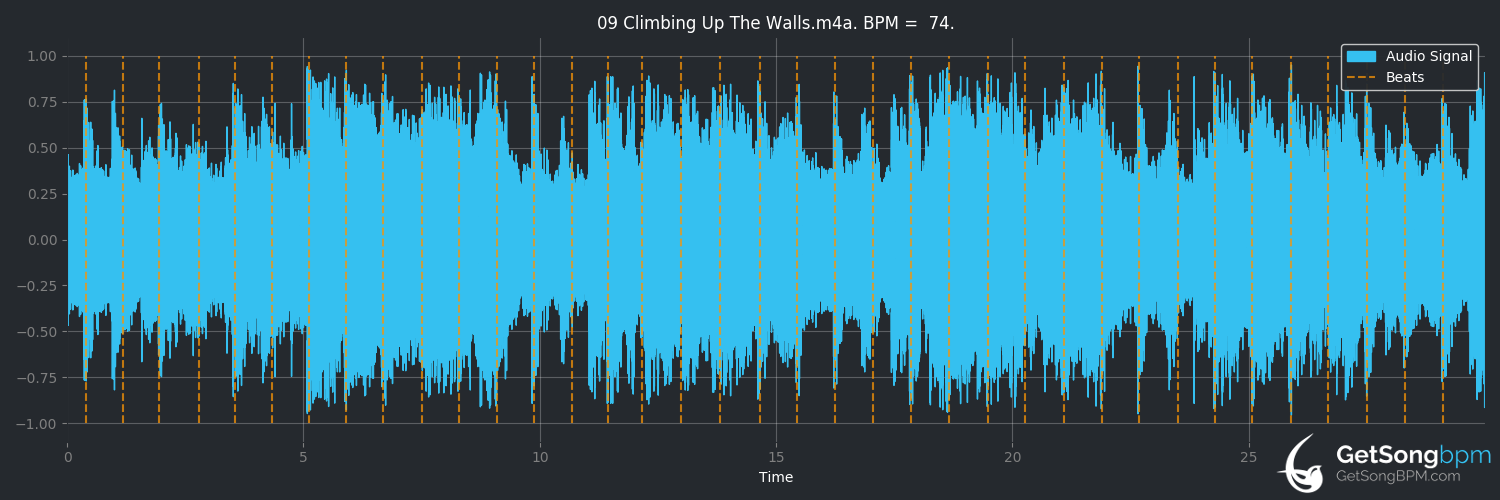

OK Computer marque une rupture et témoigne de la fin d’une époque dans l’œuvre de Radiohead. The goal of this paper is to explore how OK Computer simultaneously represents Radiohead’s analogue death, digital rebirth, and embracing of the computer. In order to provide as holistic an analysis of the theme of denouement as possible, this paper’s analysis will be predicated on questions, concepts, and ideas including but not limited to the following: the leitmotif of denouement present in the thematic influences on the album, such as the influence of the track “Exit Music (For a Film)” commissioned by director Baz Luhrmann on the rest of the album the influence of radical analogue experimentation culled from Miles Davis’ avant-garde jazz fusion album Bitches Brew (1970) the theme of resignation, interstice, liminality, and transference/-formation in relation to the “computer syndrome” as discussed in Michael Heffernan’s “Fin de Siècle, Fin du Monde?” (2000). It will argue that the album’s title refers to the acquiescence, acceptance, and transition from more traditional analogue methods of making, recording, and distributing music adopted by the band up to and including The Bends (1995), and an inauguration of the band’s conscientious pursuit of radical digital experimentation to follow in Kid A (2000). This paper will explore the theme of denouement in relation to the album’s sonic, thematic, and aesthetic qualities. It is clear that the thematic leitmotif running throughout the album, influencing everything from Yorke’s lyrics, the sonic dynamism and experimentation on show, to the album’s artwork, is, in a word, denouement.
ANALYSIS OF OK COMPUTER RADIOHEAD FULL
It’s the sound of rock being treated as a virus in urgent need of decoding.Īll music previews and full tracks provided by Spotify.OK Computer marks an important volta or fin-de-siècle in Radiohead’s oeuvre.
ANALYSIS OF OK COMPUTER RADIOHEAD PLUS
Here, an audio guide to the album’s 12 songs, plus what came before, and what came after.

Ultimately, the record serves as Radiohead’s sturdiest argument for itself as one of rock’s most thoughtful and sonically compelling bands, a claim that critics and fans have made consistently since its release 20 years ago. If you wish, there are treatises to consult on this matter. It’s an album of the proper sort – striving towards a narrative of sound and vision. “OK Computer” has a reputation as a sprawling dystopian reckoning, a commentary on the time’s relentlessly digitizing means of production by thrashing those very means. Yorke’s wail and Jonny Greenwood’s guitar were nothing if not au courant, artfully distorting a deep catalog of references. Sure, the album created a restless, chilly roar of alienation, but it also wrapped you in a group hug of conflicted yearning that gradually drifted into just plain yearning – lovely and melancholy. The Radiohead frontman Thom Yorke impishly said of “ OK Computer,” his band’s critically enshrined 1997 multiplatinum album, that he wanted “to make a record that you could sit down and eat to in a nice restaurant, a record that would be cool and be part of the furniture.” In a way, Radiohead succeeded, despite itself.


 0 kommentar(er)
0 kommentar(er)
